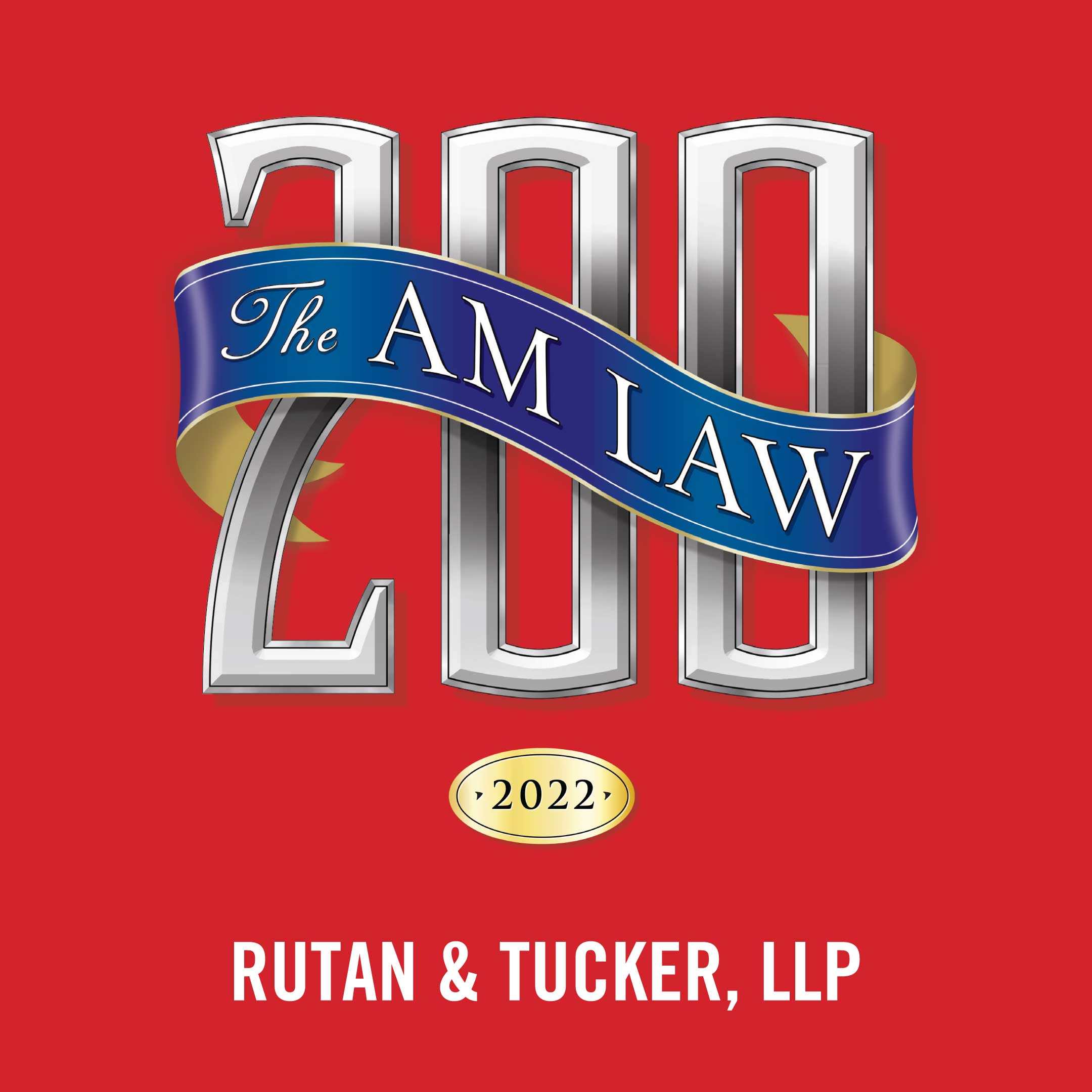The California Judicial Council, which serves as the rule-making arm of the statewide California court system, adopted significant statewide rules at an emergency meeting on Monday, April 6, 2020. In the Landlord-Tenant context, the Council issued rules that effectively stop all evictions other than those necessary to protect public health and safety. For now, the moratorium is to remain in effect until 90 days after California’s current state of emergency is lifted, unless the rules are earlier amended or repealed by the Council.
As concerning unlawful detainer actions, effective immediately the new rules:
- Prohibit the clerk of the court from issuing a summons in all unlawful detainer cases unless considerations of public health and safety are present; and
- Suspend the entry of defaults in eviction cases where the tenant failed to file a response, unless the eviction is necessary to protect the public.
These rules effectively prevent Landlords from processing any summary evictions of Tenants until 90 days after California’s state of emergency is lifted, or until the rules are otherwise amended or repealed by the Council. The rule applies to both residential and commercial evictions.
However, the rules do not suspend a Tenant’s obligations under its Lease and do not suspend a Landlord’s ability to exercise its default remedies (short of an actual summary eviction). Among other things, a Landlord can still serve Notices to Pay/Perform or Quit, and if the Landlord elects a forfeiture in the Notice and the Tenant does not respond within the cure period, the Lease will still terminate under California law. The Tenant would then be in holdover status as a month to month tenant. I suspect many Tenants will not want to risk that result. Even though still in possession of the premises, a defaulted Tenant will risk losing its Lease and be subject to immediate eviction when the moratorium ends or find itself in the potentially unenviable situation of having to negotiate a new deal. For these reasons, among others, a formal default Notice may well generate meaningful discussions aimed at maintaining the Tenant’s compliance with its ongoing Lease obligations.
While it may be true that the courts are not processing summary eviction proceedings at present, that moratorium is going to end, and in the meantime, there is always an action for breach and ejectment in extreme cases.
Prior Emergency Unlawful Detainer Rules
Earlier, on March 16, Gov. Newsom issued Executive Order N-28-20, which was intended to address the COVID-19 crisis by providing an extended answer period for Tenant evictions, and banning the enforcement of eviction orders for residential tenants who suffered pandemic–related income loss and therefore were unable to pay the rent on a current basis. The Council’s action expanded on the Governor’s Order, and provides for more extreme measures. The new rule is applicable to all courts and to all eviction cases, whether they are based on nonpayment of rent or some other default, as well as no fault evictions.
Before this new rule was adopted, some local jurisdictions had enacted emergency measures unlawful detainer matters, while others continued to process such cases. While numerous cities across the State had already taken emergency action to protect Tenants from eviction, this new rule applies statewide and will obviate the need for local jurisdictions to adopt individual approaches.
* * * *
Clients with questions about this e-Alert or related issues are welcome to contact the article authors, or the Rutan & Tucker attorney with whom you are regularly in contact.
This e-Alert is published periodically by Rutan & Tucker, LLP and should not be construed as legal advice or legal opinion on any specific facts or circumstances. The contents are intended for general informational purposes only.



